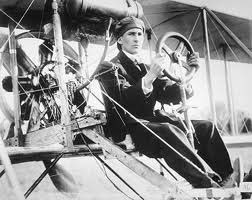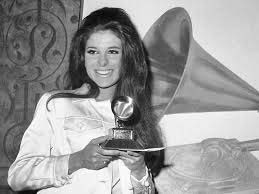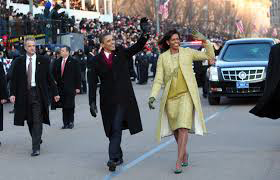It was getting down to the wire.
I was running out of time and options. I had to get that special something – a small gift – and my search was yielding nothing. At the time – the middle of last month – I happened to be travelling out of Toronto en route to my small home town and I sensed my gift-search mission was going to fail. Within the hour, I reached town and turned onto the main street. That’s when it hit me. Stores in town were still open. I dashed into one shop and bought some flowers, then into another for my card. Mission accomplished.
And I thought of Dorothy’s epilogue in The Wizard of Oz: “There’s no place like home.”




